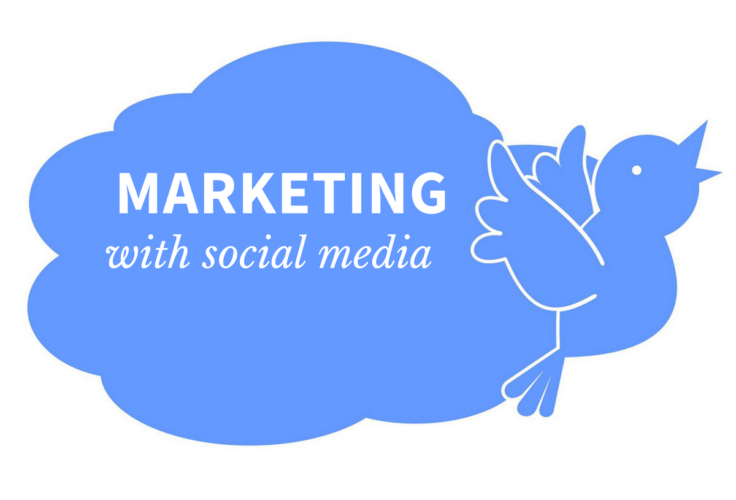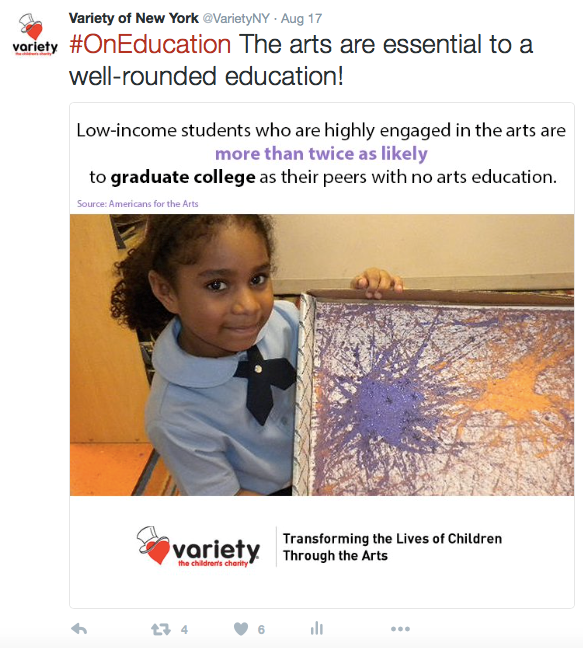Employers are increasingly emphasizing experiential learning when searching for new job candidates.
An internship is a great way to strengthen your résumé, gain more insight into potential career paths, and develop your skill set. Employers also use internships to evaluate and identify excellent full-time candidates. But where to start? The Weston Career Center provides this 10-step process from the latest Career Guide:
1. Research industries, companies, or organizations of interest
Devoting time to career exploration will help you make an informed decision about your career path and will help you launch an effective internship search. Start by learning as much as you can about different functions, industries, companies, and geographic areas. Do your research to clearly define your internship objectives. Learn more about different companies and opportunities, and build relationships early, so when recruiters are ready to hire interns, you will be top of mind.
Consider alternatives to traditional corporate internships:
Government
Search www.makingthedifference.org for internships with federal and state agencies. Start with a general search to learn about the wide variety of opportunities.
The Partnership for Public Service’s Internship Directory includes information on more than 200 federal internship programs and is searchable by agency, eligibility, location, etc. You may also want to check out the student section of www.usajobs.gov for a complete list of federal internship programs.
Federal agencies are not required to advertise internships, so some are publicized only on the agency’s website. Even if no internships are posted, offer to meet for an informational interview at a local agency office.
Entrepreneurship
Entrepreneurial ventures and startups offer hands-on experience and the chance to use your business knowledge across a wide spectrum of industries and functions. Seek opportunities in areas such as marketing, technology, finance, accounting, and business strategy.
Nonprofit organizations
Gain experience and exposure to business concepts by interning or volunteering with campus or community organizations. Many organizations, especially nonprofits, seek interns and volunteers. Explore the online resource www.volunteermatch.org, or check out nonprofit organizations by geographic location through the Book of Lists, available in the WCC.
Washington University
Consider working on campus. Visit the Office of Student Financial Services, or ask faculty and department offices whether they need any assistance with research or other projects. Search CAREERlink, MBAFocus, and the University’s Human Resources website for part-time and summer jobs.
Getting an internship when studying abroad
Students and employers alike value the skills and experiences gained through time spent in a different country and getting to know a different culture. Many students study abroad during fall or spring of their junior year, then return to complete an internship in the United States. You will want to maximize your efforts to secure an internship before you leave.
- Make career advising appointments with the WCC to discuss your strategy and conduct mock interviews.
- Research industries and companies to pursue and create a target list.
- Network! Connect with alumni and recruiters and conduct informational interviews.
- Know your internship opportunities—especially with companies that interview early for study abroad students.
- Include a paragraph in your cover letter that states you will be or are abroad and include your availability. Offer to communicate by phone or Skype while you are away.
Working overseas
Spending time abroad is an exciting and rewarding experience. Finding an internship in a foreign country, however, can be a challenging and time-consuming process. Networking with alumni in your target location is particularly important. Identify alumni, and reach out for advice on internship search strategies in the host country.
If you are seeking an internship while abroad, set aside regular time to continue your search. If you are seeking an opportunity after your return, continue to utilize your network connections, further expand your network, and make use of WCC services.
2. Explore career tracks, and start building your network
Explore your options, and dig deeper in your research and exploration to identify the best match to meet your career goals. Begin networking with everyone you know—family, friends, professors, career advisor, and neighbors, to identify potential “informational interviews.” Once you have identified an individual, do your homework—research the contact and company and develop a list of questions. Be professional—identify yourself and be transparent about your intentions. Informational interviews serve two important purposes: research and networking. They also allow you to start building relationships with “insiders” who can provide valuable advice and insight to help you evaluate your internship opportunities.
3. Develop a target list of internship opportunities
From your research, create a target list of companies you wish to pursue, and develop an action plan to drive your internship search. A target list includes companies/opportunities you’d like to pursue, with clear and attainable goals, objectives, and timelines. This list will allow you to effectively manage communication and application records.
4. Prepare a market-ready résumé
A polished résumé is your marketing message and should clearly articulate your skills and experiences. Remember: A résumé must be relevant to the internship, concise with good use of action verbs, and error-free. Use Optimal Résumé as a template to easily develop your résumé in the Olin format. Seek feedback on your résumé from a WCC or MCC advisor.
5. Write engaging cover letters.
A well-written cover letter tells your story and invites the reader to learn more about your interests, qualifications, and fit for an internship. Develop a personalized cover letter for each internship application. Just like a résumé, a cover letter must be tailored and relevant to a specific position. Use Olin’s Management Communication Center to fine-tune your written communication skills.
6. Apply for internships
The most successful search strategy combines Olin online job posting sites, networking, and time. Check job postings often for new entries and deadlines. Use the individual research and networking relationships you are developing to connect with target companies and identify internship opportunities.
7. Schedule practice interviews
Practice interviews allow you to hone your interviewing technique and receive feedback to develop and refine your interviewing skills. You will gain confidence through preparation and practice. Conduct a practice interview with a WCC career advisor, alum, or mentor for feedback on your interviewing technique.
8. Interview and follow up
Most interviews include behavioral-based questions, such as “Tell me about a time you showed leadership,” or “Give me an example of when you were a strong contributor to a team.” Employers expect you to be familiar with details about the company and the position.
Case interviews are growing in popularity. For example, “Is it a good idea for your client to consider opening a high-speed train service between St. Louis and Kansas City?” Case interviews focus on your ability to solve a business problem and are usually a standard part of consulting interviews, although other fields, such as finance and marketing, also use them.
You should have well-prepared, well-informed, inquisitive, and articulate questions prepared in writing to ask during and at the end of the interview. After the interview, be sure to send a thank-you note.
9. Evaluate offers
Evaluate offers, and respond in an appropriate and timely fashion. Determine how well the position matches your experience expectations and career goals. Talk through your internship offers with a WCC career advisor.
10. Accept an offer, and make the most of the experience
Congratulations! You’ve accepted an internship. Employers use internships as extended evaluation periods for full-time job offers. Be prepared to make a good first impression while maximizing your learning experience.
Could you use the support of the Weston Career Center or Management Communication Center? Schedule an appointment today.
















